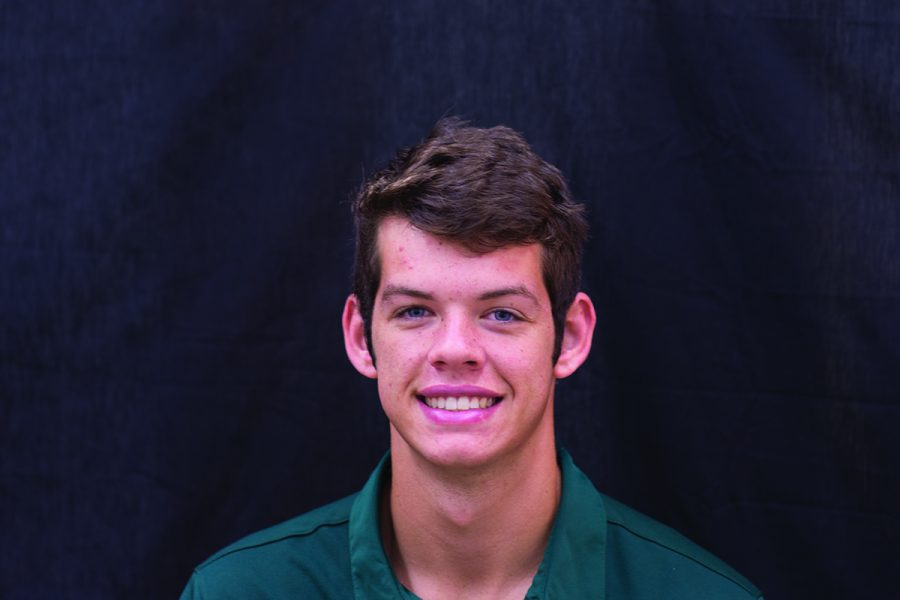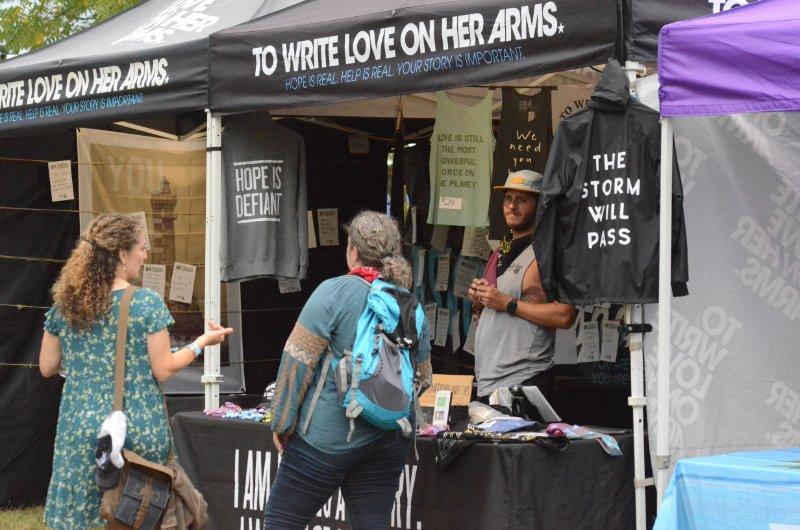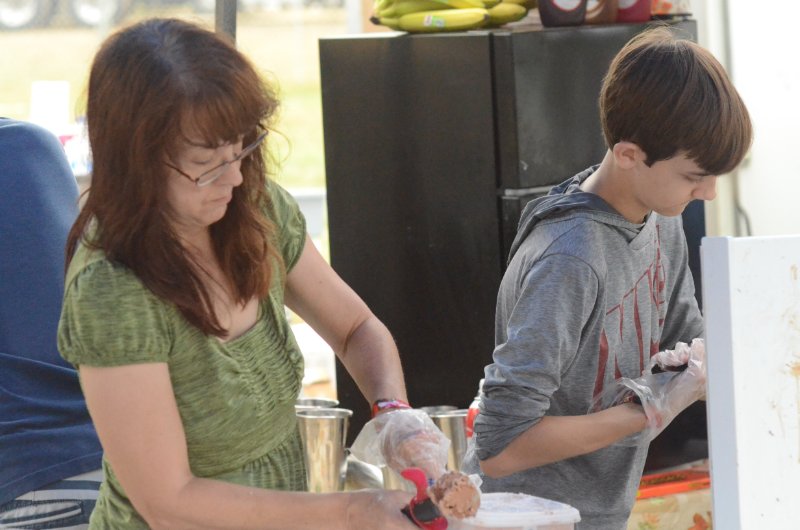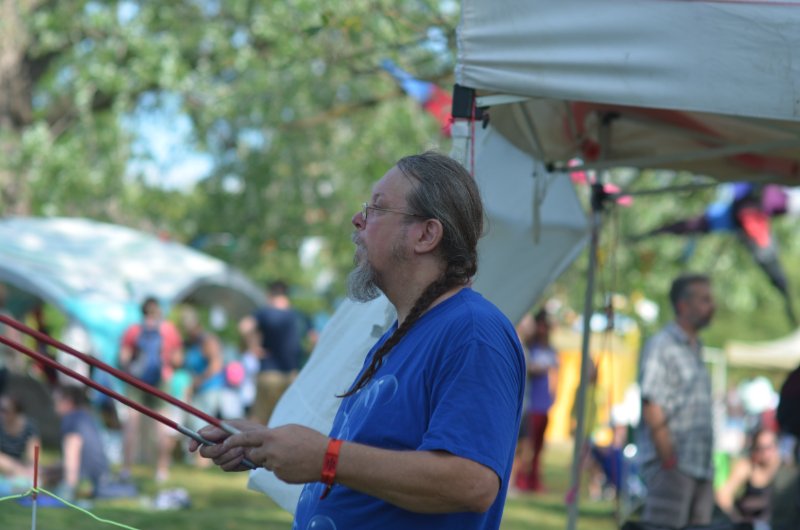 Sophomore Isaac Carballo did not come to America to learn English or to make friends. In fact, he didn’t come to this foreign country for himself at all.
Sophomore Isaac Carballo did not come to America to learn English or to make friends. In fact, he didn’t come to this foreign country for himself at all.
He came for his family.
Although his English is only a “little bit good,” Carballo has no trouble articulating the economic problems that plague his native country. In fact when he lists the biggest differences between Mexico and its Northern neighbor, only “the school” and “the people” precede “the economy.”
“My father work[s], but he [doesn’t] have [enough] money,” Carballo said. “I want to work here and send the money home. I want work in mechanics.”
Ironically, to help his family, Carballo had to leave them behind. He misses the language and traditions back home. But he misses his parents, his grandmother and his sisters the most.
“I don’t have [my family] here. … Everything is there,” Carballo said. “Sometimes, in the night, I can’t sleep. I remember life in Mexico and feel sad.”
Carballo was born in the United States but moved to Mexico when he was a month old because his parents had better luck securing jobs back home. They reside in Mexico now where his mother works as a teacher and his father as a truck driver.
Even though his parents have jobs in Mexico, Carballo said it is difficult for them to support his younger sisters and his grandmother, who can’t work anymore and lives with the family.
“He used to talk about his family every single day,” English Language Learner teacher Lilia Ben-Ayed said. “It’s a hard decision… for a fifteen-year-old, at that very young age, to leave his family.”
But Ben-Ayed, who has Carballo in class for two blocks every day, said she is glad Carballo left Mexico. Based on what he has shared with her, Ben-Ayed said he could have been in trouble with illegal activities if he had stayed.
In August of 2010, Carballo returned to the United States, hoping to graduate from an American high school and get a well-paying job. He moved to Arizona, where he lived with cousins. But they did not have enough money to support him. So he came to Columbia to live with his aunt.
Although he has difficulties with English, Carballo said classes at RBHS are not difficult. In Mexico he attended nine classes daily and completed 10 or 11 assignments every night. Here, classes like fitness walking and MS Office 1 don’t require English. His only academic challenges at RBHS are ELL classes.
Part of this ease at RBHS is a product of Carballo’s friendly personality, Ben-Ayed said. First semester, she was concerned he might have difficulties assimilating to American culture.
“The second week, he’s in keyboarding, I went to check [to make] sure he was doing OK,” Ben-Ayed said, “and [the teacher] was like, ‘Oh, he has a lot of people helping him. Don’t worry about him.’”
Carballo has been doing well at RBHS. In fact, Ben-Ayed said Carballo is willing to help ELL students who have just arrived, even though he is an ELL student himself. However, he still embraces his Mexican roots, Ben-Ayed said. In class Carballo is eager to talk about his native culture, traditions and cuisine.
Carballo said the contrast between Mexican and American culture is just as striking as the one between their economies. Even though Mexico has more financial woes, he feels wealth has more importance in the United States.
“It’s difficult because we’re comparing Mexico to the U.S., and it’s [an]other world,” Carballo said. “Here, we don’t have problems. Nothing compared to Mexico. Nothing. Nothing. It’s so difficult [to adapt]. Other world for me, it’s other world.”
In Mexico Carballo said he felt freer. He could communicate with everyone easily, and he spent his time however he wanted.
“In Mexico I can go to parties all night, all day. I [don’t] need to go to my house,” Carballo said. “In Mexico I never stay [at] home. [I always] go in the streets, walking with friends.”
With less liberty here, Carballo said he also has fewer chances to get in trouble. Unlike in Mexico, he never gets into fights here, he said. And instead of roaming the streets with his friends, he goes to J.C. Penney’s or Wal-Mart with his aunt. It’s a big change from the life he had in Mexico.
But Ben-Ayed thinks the life he is building is a good one. This year, he has adapted to school and she can see him becoming more active at RBHS and mastering the English language.
“He’s a good student; he’s a very hard worker,” Ben-Ayed said. “His experience is going to be really, really positive here at Rock Bridge.”
By Nomin-Erdene Jagdagdorj


















































































